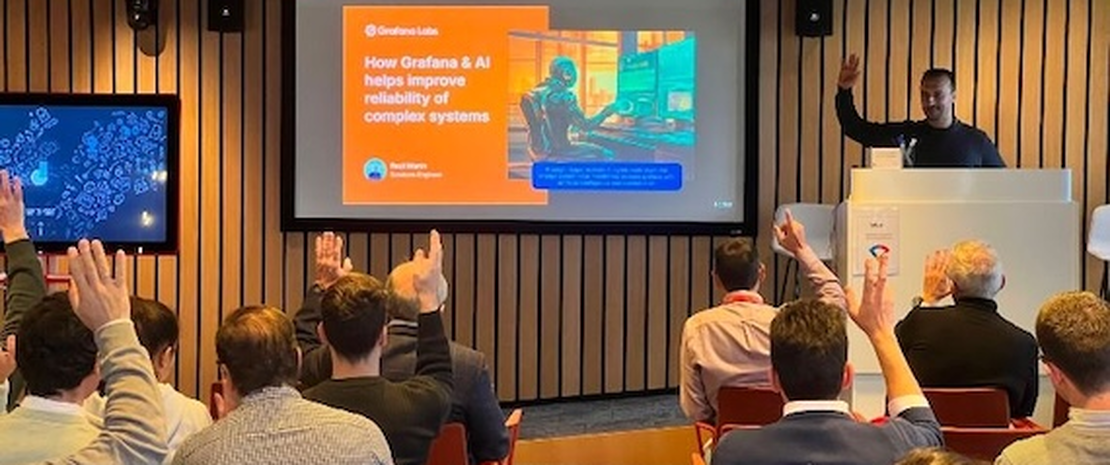
Photo by Ryoji Iwata on Unsplash
What is the Tech Sales Playbook (aka The Playbook) and the foundations to build an Elite Sales Playbook
- Gonçalo Pina
- Framework
- February 9, 2025
Table of Contents
As a GTM Leader, the main question you need to ask yourself is: What are your founders, your board, your investors or your team demanding you to deliver on a given day, week, month, quarter or year? What are the deliverables expected from you, and how/when are you going to execute?
Once you know what is expected from you, you are in a position to design and implement The Playbook in your GTM organization.
It is crucial that The Playbook is well-communicated and well-understood by everyone in the company.
If you want to break it down into pieces:
Tech Sales Playbook = Operating Rhythm + Sales Process + Qualification Methodology & Frameworks
Operating Rhythm
OK, you know what’s expected from you. The odds are that you’re being asked to deliver a certain revenue for the quarter and year, along with a strategic plan beyond that. On the other side, your teams expect you to develop and coach them.
Let’s simplify it. As a Sales Leader, you only need two things: Drive Revenue, Develop People.
True sales leadership is about delivering results while building a team that consistently grows and succeeds.
There is a science and a formula for success.
Elite Sales Leaders build Operating Rhythms based on the 3 R’s:
- Recruiting
- Retention
- Revenue
Elite Sales Leaders organize their weekly calendar meticulously to hit their goals in these three areas.
Recruiting
Everything starts with recruiting A players.
Elite Sales Leaders define their hiring criteria and set time in their calendars to prospect, interview and hire the right reps.
Recruiting activities must occur every week, block your calendar. This is non-negotiable. If you fail at hiring or neglect the hiring process, it doesn’t matter how good your Sales Playbook is, you will fail.
Retention
“A players” look for inspiration and development. Another non-negotiable in your weekly agenda is to focus on developing people. You must genuinely care about coaching and developing your reps. If you fail to do this, it’s just a matter of time before your A players leave.
1:1’s should be about development and coaching, nothing more, nothing less. They should not be an extension of forecast meetings or deal reviews. Be curious, listen and provide direct, transparent and constructive feedback.
Revenue
There are a set of non-negotiable actions that lead sales teams to success and revenue growth. It’s up to the Sales Leader to implement them flawlessly:
- Pipeline Generation (PG) Motion.– Implement a weekly PG flow, from preparation to execution and measure results.
- Weekly Forecast Call.– Focus on progress on key deals, blockers and next steps in the Sales Process. What needs to happen to move the opportunity to the next stage of the Sales Process and help needed.
- Quarterly Business Review (QBR).– Not a forecast call, not a deal review. The output should be an action plan reviewed in the next QBR, focusing on the rep’s skill gaps and improvement areas.
- Deal Review.– Monthly, with the extended team (SE, Channel, Customer Success, etc.), to refine execution of the top deals for the Quarter.
- Leading Indicators.– Elite reps track these religiously: Discovery Meetings, New Business Meetings, PoVs, Go/No-Go Meetings and Qualified Pipeline.
(stay tuned for upcoming articles where we will elaborate on each of these non-negotiables)
Once you have an Operating Rhythm set in stone, understood and adopted religiously by your teams, it’s time to jump into another layer: the Sales Process.
Sales Process
Your sales reps are all gas, no brakes, executing according to the Operating Rhythm. Now it’s time to equip them with the right framework to make them successful every time they interact with a customer or pursue a deal.
A Sales Process is a set of repeatable, measurable and inspectable actions, with clear “gates” to determine if a deal can move forward.
A great Sales Process should include six stages:
- Discovery
- Scoping
- Economic Buyer Meeting / Go-No-Go
- Validation Event (PoV, Technical Validation, etc.)
- Business Case & Final Proposal (BVA, ROI Analysis, etc.)
- Negotiation & Close
A great Sales Process ensures your reps aren’t just busy, they’re effective:
- Do your reps know exactly what to do at every stage of the sales cycle?
- Can your managers inspect deals and provide high-impact coaching?
- Is your pipeline truly predictable, or just a collection of hope-based forecasts?
Your Operating Rhythm provides the cadence, your Sales Process provides the blueprint. Align both to create a machine that wins deals consistently.
Qualification Methodology & Frameworks
Your reps now have the map (Sales Process) to guide them through the sales cycle.
But how many times have you missed a turn and ended up off track? It happens in nearly every sales cycle:
- You thought you had a Champion, but they’re just a Coach
- The Decision Criteria for your PoV suddenly shifted
- You struggle to get in front of the Economic Buyer
This is where Qualification Methodologies like MEDDPICC, The 3 Why’s, and Command of the Message come into play.
- MEDDPICC.– A qualification framework that ensures rigorous deal inspection and eliminates surprises.
- The 3 Why’s.– Why do anything? Why do it with our tech? Why now? If your reps can’t answer these clearly, the deal is at risk.
- Command of the Message.– Ensures your reps communicate value effectively, aligning your solution with the customer’s biggest priorities.
Qualification frameworks sit on top of your Sales Process and help your team:
- Understand where they are in the sales cycle
- Identify risks and course-correct
- Slow down or step back when needed
Final Thought
You can’t forecast feelings or dreams.
Tech Sales is not about wishful thinking, it’s about executing a well-defined, proven process with discipline. The best sales leaders and reps know that there are no shortcuts to success. Every step in your Playbook exists for a reason, skipping one means increasing risk, reducing control and making failure inevitable.
Do not skip steps. Don’t cut corners.
An Elite Sales Playbook is built on discipline, process and rigor. If you master these foundations, you will build a team that operates like a machine: predictable, scalable and unstoppable. The difference between an average sales org and an elite one is commitment to process and execution. Make yours elite!


